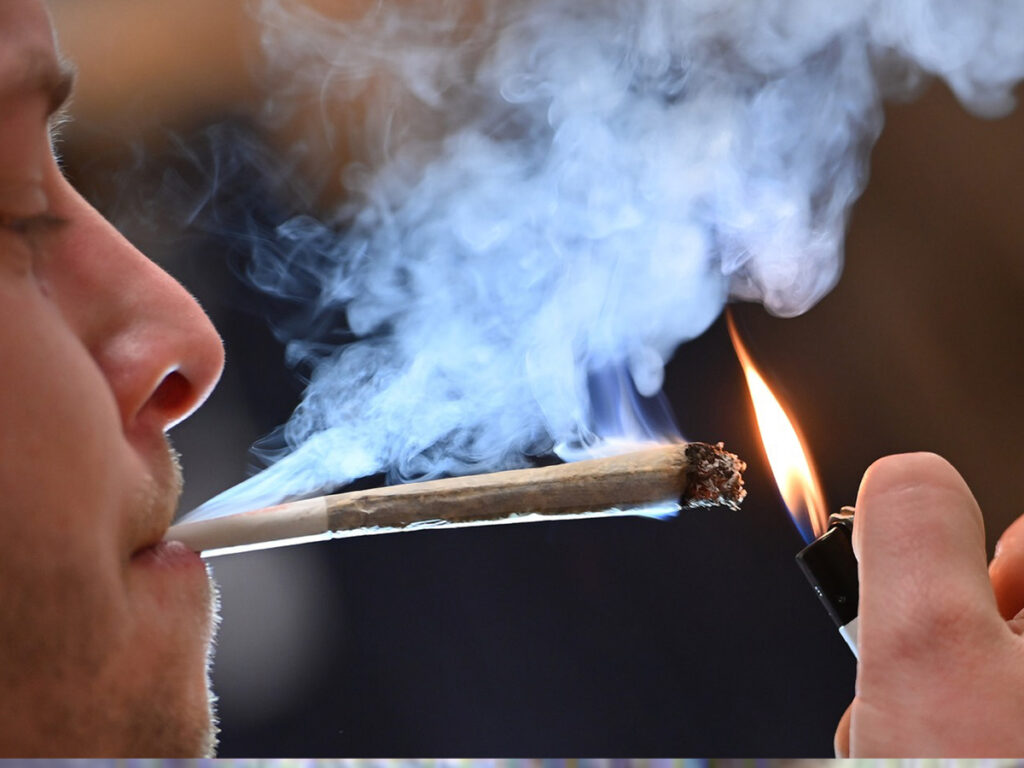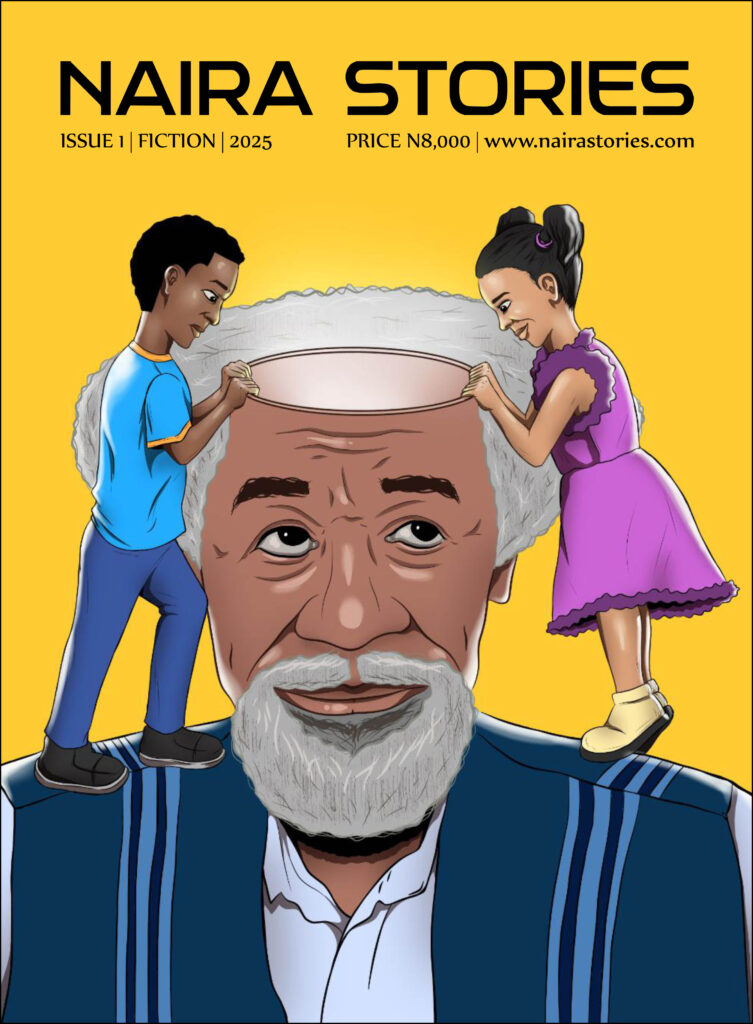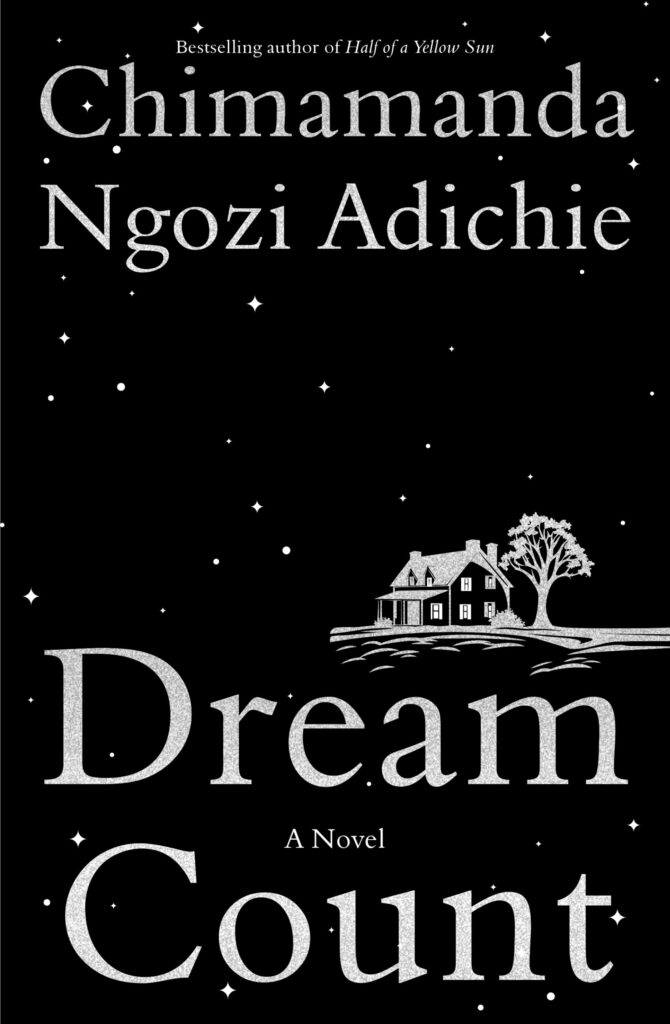In truth, I never realised that being an essayist would demand such uncomfortable honesty — not just about the world, but about the stories we tell ourselves to survive it. Strange, perhaps, that a form devoted to truth should begin with confession, but here we are: I have spent years watching people disappear into smoke, and only now am I beginning to understand what literature has been trying to tell us about the price of escape.
The revelation came, as many do, through accident. Scrolling through X (formerly Twitter), I encountered a thread from @nasashamusic that stopped me cold. It was a confession detailing their relationship with cannabis. The words were raw, unvarnished: “Weed didn’t just slow my mind. It dimmed my face… I thought I was ‘chilling,’ but I was just tired in my body, my skin, my eyes.” The thread continued with brutal self-awareness: “At first, weed sells you a dream. It enwraps you in a soft illusion, whispering lies of unfulfilled fantasies in your ears… it hurts your soul, your health, your pockets, appearance.” And then the devastating truth: “For every time you smoke weed… it takes a part of you in exchange… It’s not just weed.”
These were not the sanitised testimonials of addiction recovery programmes or the cheerful advocacy of legalisation campaigns. This was someone recognising, with devastating clarity, that what had promised to be refuge had become prison. The accompanying photos, before and after, showed the physical toll: eyes that had lost their spark, and a face that seemed to have withdrawn from itself.
What struck me was not the particulars of cannabis use, but the universality of the bargain being described. Here was the ancient story of Faustian exchange, retold in the vernacular of contemporary urban life. And, suddenly, I realised I had been reading variations of this story my entire literary life.
The literature of diminishment
In Haruki Murakami’s Norwegian Wood, Toru Watanabe moves through Tokyo in a haze that mirrors his emotional numbness. The soft melancholy of the novel — its endless cigarettes, its characters drifting through conversations like sleepwalkers — creates a world where feeling nothing has become a form of survival. Watanabe does not smoke cannabis, but he inhabits the same landscape of voluntary disconnection, the same willful retreat from the sharp edges of existence.
This pattern of escape-turned-entrapment runs like a river through African literature, where it carries additional weight. In Amos Tutuola’s The Palm-Wine Drinkard, the protagonist’s endless quest for more palm-wine leads him deeper into a surreal landscape of spirits and transformations. What begins as pleasure-seeking becomes compulsion, and compulsion becomes a journey that consumes his very identity. The palm-wine, like any intoxicant, promises communion — with others, with joy, with a self freed from ordinary constraints. But Tutuola’s drinkard discovers that each sip pulls him further from the world of the living, until he exists primarily in relation to his need.
The parallel to contemporary cannabis culture is not accidental. Both represent what Wole Soyinka, in Myth, Literature and the African World, identified as the human impulse toward ritual transcendence, the desire to step outside ordinary consciousness and touch something larger than ourselves. But Soyinka was careful to distinguish between transcendence that enlarges the self and escapism that diminishes it. Traditional ritual, he argued, returned the participant to the world with greater capacity for engagement. Modern intoxication often does the opposite.
The cultural paradox
In Nigeria, cannabis exists in a curious cultural space. It is simultaneously celebrated and criminalised, mythologised and stigmatised. Fela Kuti sang of it as a tool of consciousness expansion and political resistance. His ‘Igbo’ was not just advocacy for a plant, but a challenge to colonial laws and Western hypocrisy. In Fela’s hands, the joint became a symbol of authenticity, of connection to African spiritual traditions that predated missionary Christianity and colonial control.
Yet, this romantic vision sits uneasily alongside contemporary realities. Walk through any Nigerian university campus, and you would find students for whom cannabis has become not rebellion but retreat — a way to manage the anxiety of unemployment, the pressure of family expectations, the dissonance between aspirations and opportunities. What Fela presented as expansion, many experience as contraction.
This contradiction appears throughout contemporary African literature. In Chigozie Obioma’s An Orchestra of Minorities, Chinonso’s tragedy unfolds precisely because he mistakes his romantic fantasies for reality, allowing beautiful illusions to guide him toward destruction. The “soft illusions” that the social media confessor described are not so different from Chinonso’s dreams of transformation through love and education abroad. Both represent the same fundamental error: believing that escape can be confused with transcendence.
Abubakar Adam Ibrahim’s Season of Crimson Blossoms offers another angle on this theme. Binta’s affair with Hassan begins as an escape from the constraints of widowhood and social expectation, but it gradually becomes a consuming force that narrows rather than expands her world. Like cannabis use, the relationship promises freedom but delivers a different kind of bondage, one wrapped in pleasure, making it harder to recognise and harder to escape.
The writer’s alternative
Writing offers its own form of intoxication, but with a crucial difference: it demands rather than numbs consciousness. Where cannabis smooths the sharp edges of experience, writing insists on examining them. Where drugs offer the comfort of familiar patterns — the ritual of rolling, lighting, inhaling, the predictable arc from anxiety to calm — writing provides no such comfort. Each blank page is a confrontation with what we do not yet know about ourselves and the world.
This is why @nasashamusic’s admission about quitting ghostwriting rang so true: “I had a job, used to work as a ghostwriter. I quit because of procrastination… all I did was smoke, eat, sleep, wake up, rinse, repeat.” The tragedy is not just personal but creative — the replacement of generative ritual with consumptive routine, of making with taking, of building with diminishing.
Chinua Achebe understood this tension. In Things Fall Apart, Okonkwo’s tragedy stems from his inability to adapt, his rigid adherence to patterns that no longer serve the moment. But there is a modern inverse to this tragedy: the person who adapts too readily, who flows so easily with circumstance that they lose all sense of direction. Cannabis culture, at its worst, can enable this kind of over-adaptation, this willingness to accept any situation as long as it can be made tolerable through numbing.
The mirror and the smoke
What literature consistently reveals — from Tutuola’s palm-wine visions to Murakami’s cigarette-hazed Tokyo to contemporary African urban novels — is that escape always involves a transaction. The question is not whether the transaction is worthwhile, but whether we are honest about what we are trading and what we are receiving in return.
@nasashamusic understood this with painful clarity. They recognised that what had begun as relief had become a pattern of diminishment, that the “soft illusion” of cannabis had replaced not just anxiety but engagement, not just stress but growth. Their before-and-after photos told a story that literature has been telling for centuries: that we pay for our escapes with pieces of ourselves, and that the payment often becomes visible only after the debt has compounded beyond our ability to settle it easily.
This does not make cannabis inherently evil any more than Tutuola’s palm-wine or Murakami’s cigarettes are inherently evil. But it does suggest that we need better stories about what we are doing when we reach for substances that promise to make difficult realities more bearable. We need stories that acknowledge both the genuine relief these substances can provide and the genuine costs they can exact.
Literature provides these stories not because writers are moralists, but because narrative itself is a technology for examining consequences across time. The novel enables us to observe how seemingly rational choices in the moment can compound into patterns that ultimately trap us. The essay enables us to reflect on our own experiences in relation to broader patterns of human behaviour.
The sharper mirror
In the end, the difference between literature and intoxication may be this: literature sharpens our perception of reality, while intoxication softens it. Both have their place, but they serve fundamentally different functions. Literature asks us to see more clearly, to feel more deeply, to think more precisely about the texture of experience. Intoxication asks us to see less clearly, to feel less intensely, to think less precisely about experiences that might otherwise overwhelm us.
The danger comes when we confuse one for the other, when we mistake numbness for insight, when we confuse the temporary relief of not-feeling with the permanent satisfaction of understanding. @nasashamusic had experienced this confusion firsthand, had lived the difference between the promise and the reality of escape through substances.
Their courage in sharing that experience publicly on X created a moment of clarity that no amount of cannabis could have provided. In facing honestly what they had lost in their pursuit of comfort, they reclaimed something essential: the ability to see themselves clearly, to name their experience accurately, to choose their next steps consciously.
This is what literature at its best provides — not escape from difficulty, but the tools to meet difficulty with greater clarity and courage. It does not promise to make hard things easy, but it promises to make invisible things visible, to help us understand the true costs and benefits of our choices.
In a culture increasingly invested in the management of discomfort through consumption — whether of substances, entertainment, or ideas designed to confirm rather than challenge our existing beliefs — literature remains a stubborn advocate for the value of discomfort consciously experienced and carefully examined. It suggests that there are some things worth staying awake for, some experiences worth feeling fully, some questions worth asking, even when the answers are inconvenient.
The smoke clears. The mirror remains. And in that mirror, we have the chance to see ourselves as we actually are, rather than as we wish we were or fear we might become. This recognition, difficult as it is, represents the beginning of any real change — whether in our individual lives or in the cultural stories we tell ourselves about comfort, escape, and the price of staying human in an often inhuman world.




